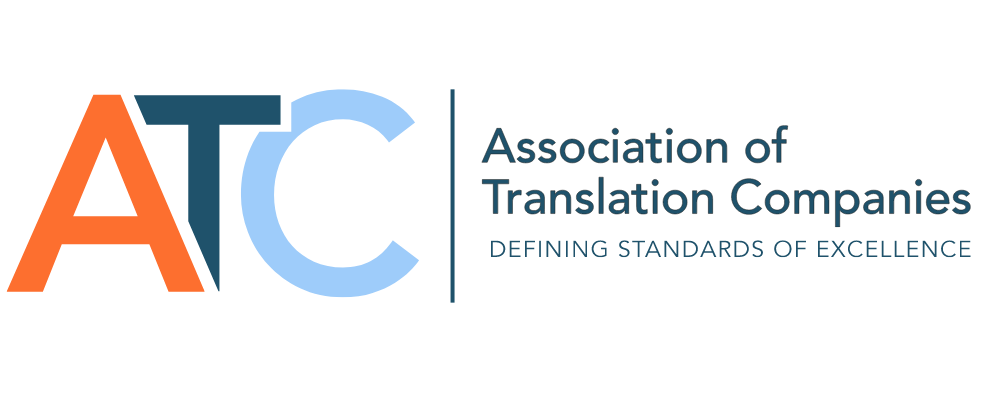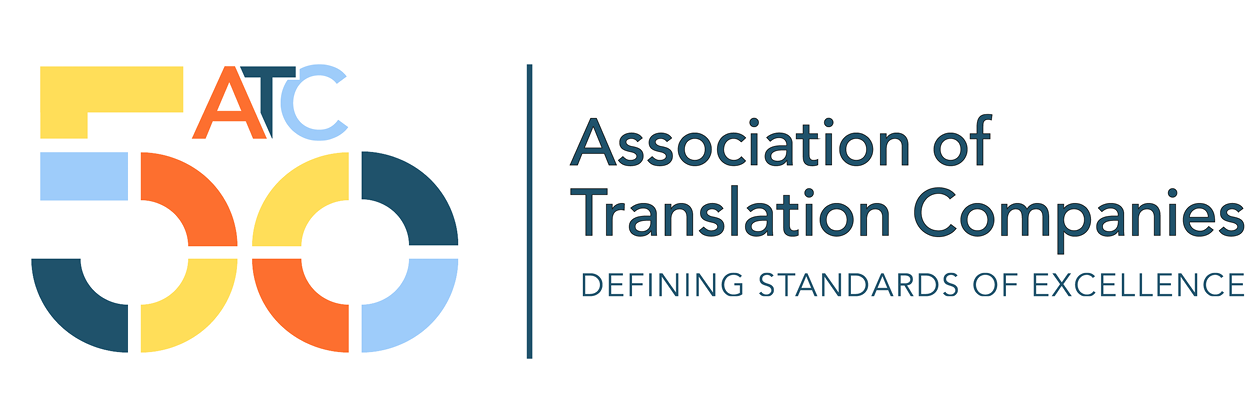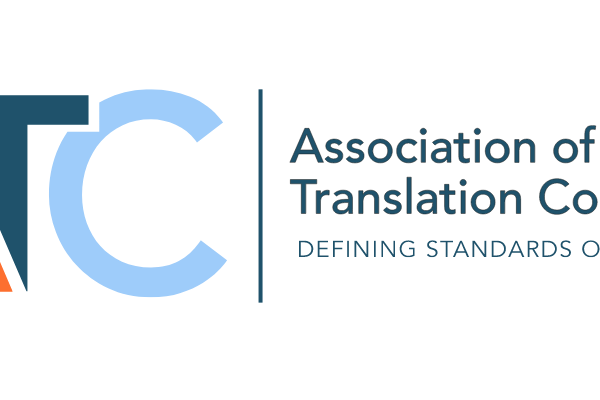The ATC’s Member of the Month in February 2026 is My Language Connection (MLC), a…

Real Impact or Easy Scapegoats?
Response to the Department for Energy Security and Net Zero’s report ‘Impact of growth of data centres on energy consumption’ by the Association of Translation Companies.
Published in August 2025, the report Impact of growth of data centres on energy consumption, commissioned by the Department for Energy Security and Net Zero and authored by Europe Economics, examines how the growth of digital services, and the data centres that support them, affect energy consumption in the UK.
The report’s central premise is that while digitalisation introduces new electricity demand, it can also displace energy-intensive physical activities. The report focuses on three use cases, including comparing AI-powered translation with human translation.
The report claims to have selected its use cases based on criteria focusing on, among others, sectors that are clear contributors to the growth of data centres and that have clear physical alternatives allowing direct like-for-like comparisons. Of the three case studies, the report highlights AI translation as offering the most dramatic contrast, reported to be 10,000 times more energy efficient than human translation and, as such, a key candidate for driving net zero goals.
While we welcome scrutiny into the energy footprint of professional translation, not only is the study’s fundamental premise deeply flawed, but the methodology it uses risks undermining the Government’s credibility within the net zero agenda and seriously compromising future policy decisions.
The study’s failures can be summarised as follows:
- The study fails to distinguish, analyse and address the limited impact of professional services with the very rapidly growing load on data centres of non-professional use of AI.
- The study sets a dangerous precedent in portraying critical professional services as archaic professions which can soon be replaced by AI with minimal loss on quality.
- The study presents AI as a simplified, universal, eco-friendly panacea without due consideration for its human-derived cost, or the cost of its increased non-professional use.
Within this response, we will explore these issues in detail, explain the risks associated with basing policy decisions on flawed premises, and propose constructive ways forward.

